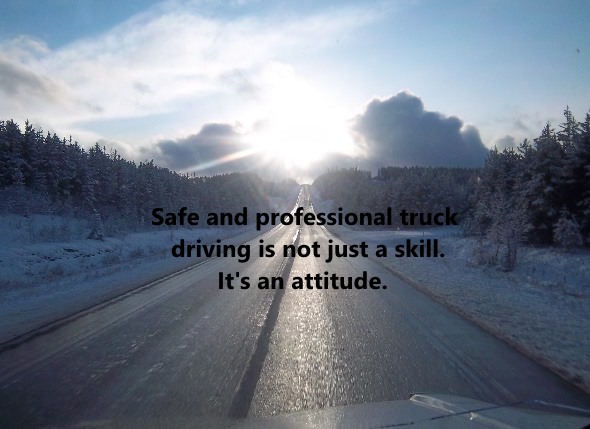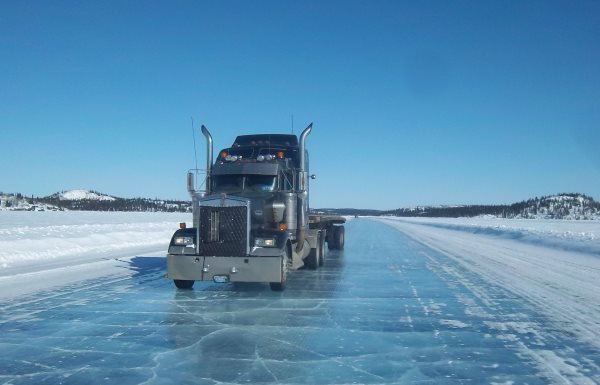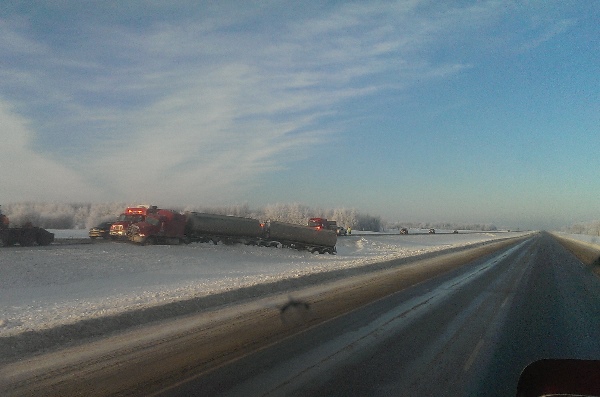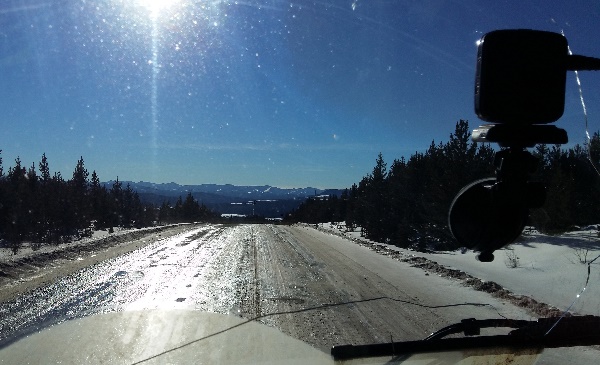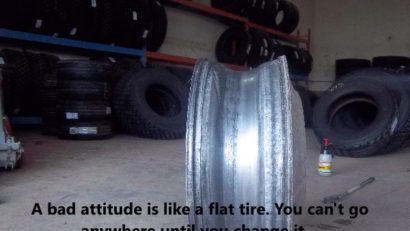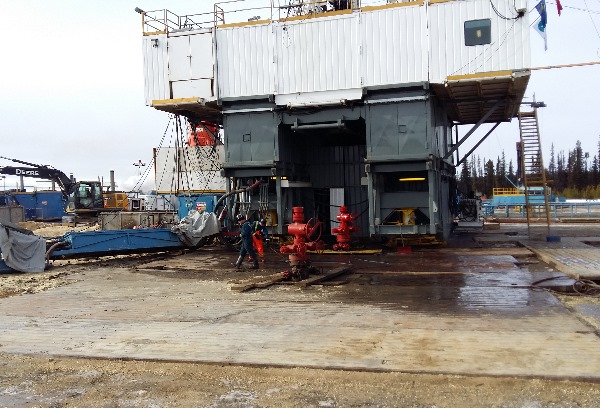Training
This is where I really question how we stack up to previous generations. It seems that we spend more money, time, and resources on training people how to do their paperwork, loading, unloading and other duties. Do we actually spend any time teaching new people how to drive anymore?
I don’t mean shifting gears either. Driving to me is not about shifting gears and the mechanics of it. Professional driving is about the mindset and the attitude.
I’m talking about all the unwritten rules of trucking. Etiquette, courtesy, consideration, and respect for one another. I’m pretty sure this is one of the changes in trucking that senior drivers are worried about for good reason.
Everything that seems to be taught now is technical and mechanical, and nothing about morals and values. With morals and values we learned how to be courteous, considerate, helpful, empathetic and compassionate to others.
if you’re interested in morals and values of driving, then you may want to read our mini series on truck driving safety. It has nothing to do with the mechanics of driving. We look at safe driving as a virtuous attitude.
So how do we expect the roads to be a safer and better place if these changes in trucking mean our morals and values are dying?
Do you explain things when you train? The way we teach is just as important as what we’re teaching.
Every valve, sump, handle, switch, fitting, latch etc… has a function. Do you tell trainees what each item is, and then explain the function? Do you make them understand why they are using it, and not just tell them they have to use it?
When I teach people how to landscape (One of my other sites), I always try to explain the different ways to perform a task. Then I explain the advantages and disadvantages of doing it each way. This allows people to understand why they are doing it the way they do.
Give people choices and let them find their own groove and way of doing things. (Within the boundaries of safety of course.) We all know that some jobs are really “My way or the highway” or someone can get hurt.
It’s not just changes in trucking rather than changes in society in general. All we teach now is rules and regulations instead of teaching people how to think.
Common Sense or Common Knowledge?
Driving a truck may have its challenges, but isn’t a difficult job. Many people like to think that common sense is an asset, but this is such a widely misused term. We really should call it common knowledge. Common knowledge comes with experience and training of the field you work in.
You can take a brilliant astronaut full of common sense with an IQ of 160 and make him look like a fool in the trucking industry. It doesn’t mean he has no common sense. It means he lacks the experience and training required for problem solving in this particular industry. New drivers lack these same attributes, so we need to teach them.
It’s true that some people are smarter, catch on faster, and some don’t ever seem to catch on. We all learn in different ways and at different paces.
We need to take time to understand the person and their ability to learn before we can teach them. Without proper training, they may not acquire the common knowledge they need. Without this knowledge, they will always lack the confidence to do their job effectively. Finally, you can’t develop the right attitude without any confidence.
I’m sure we spend more money on training than we did 30 years ago, but why do we have so many poorly trained truckers?
These are my thoughts on changes in trucking, what are yours?
What changes in trucking have you seen for better, or for worse?
What changes in trucking would you like to see?
How can we get back to the days where people cared for one another on the road?
Remember the days when you wouldn’t pass by a broken down truck without offering assistance?
Thanks for reading Changes in Trucking
Truckerswheel team
